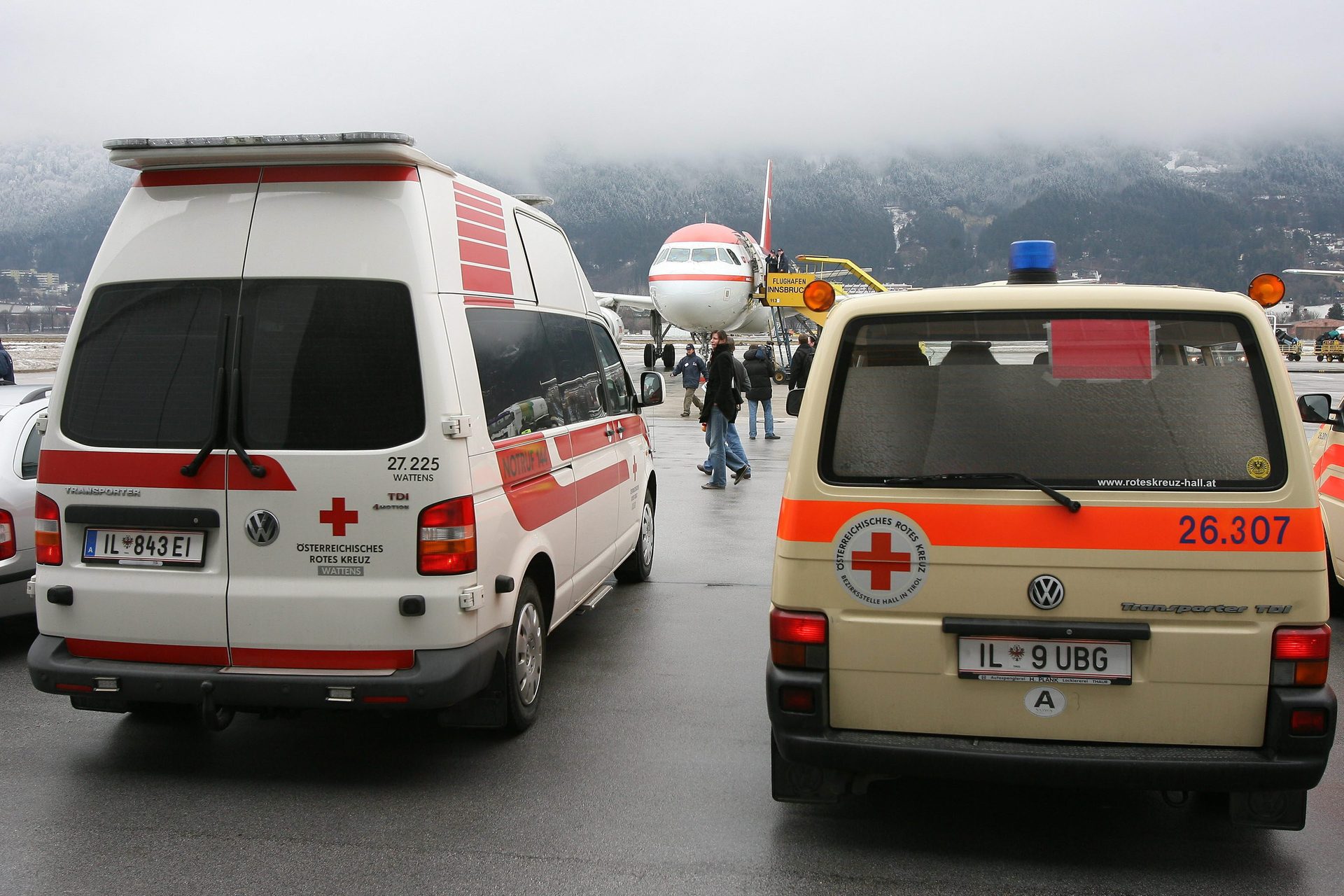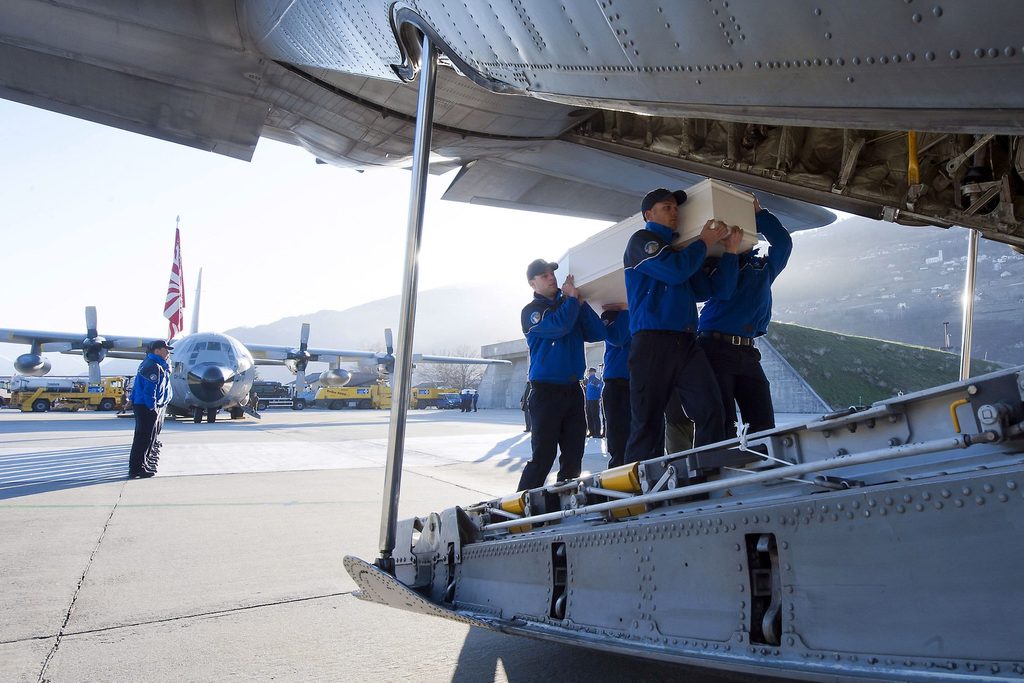Belgians have regained their wanderlust, with travel abroad rebounding after the pandemic-induced drop. But with the highs come the lows, and the number of tourists that die and need to be repatriated to Belgium is also rising.
While this cost is covered by insurance in most cases, it can sometimes result in financial drama for relatives already grieving. In recent weeks, 10% more deceased Belgians have been repatriated than during the same summer period last year. The figures come from funeral specialist DELA, which handles about 80% of all repatriations of deceased Belgians through its repatriation centre at Brussels Airport.
"When Belgians travel more, it gets busier for us," Greta Plas, manager at DELA Repatriations, told The Brussels Times. "Since the pandemic, we have seen that Belgians travel more, not only in July and August but also during the rest of the year. There is, for example, an increase in the number of city trips and in general people are booking more shorter trips abroad than before."
She explained that in the last six weeks the company has repatriated a total of 75 Belgians who died abroad. "This marks an increase of 10%."
Cost of crisis
Aside from the tragedy of losing a loved one, a person dying abroad entails a variety of practical arrangements for those left behind to make. This is where DELA comes in to help with the repatriation.
"We work for everyone. For individual families who come to us for help but also for insurance companies, from travel assistance insurers to Belgian public health insurance funds. Anyone can call on us." Plas explained that if the deceased person was insured during their stay abroad, the cost of the repatriation is usually covered.

Ambulances help injured tourists board an aeroplane to return to Belgium. Credit: Belga/ Eric Lalmand
However if the person wasn't insured, the costs of the process can become an issue since they are often very high. "In some cases, this has resulted in dramatic situations for the families who are left behind." Costs depends on where the person died and how they are brought back.
When the person dies in Europe and is flown back to Belgium, the cost for the family is usually below €10,000. "But if we have to bring them back from destinations like South America or China, for example, this will always carry a five-figure price tag."
As a result, Plas stressed the importance of investing in travel insurance. "Fortunately most people who we repatriate are insured but you should always read the small print of the contract just in case."
The heat effect
The figures from DELA not only show the effects of a growing desire to travel but also highlight the extreme heat seen in many popular travel destinations this summer – particularly in southern Europe. By order of casualties, France, Spain then Italy saw the highest number of deceased Belgians in the summer of 2023.
In 80% of the cases, repatriated Belgians died a so-called "natural death" meaning there was no external factor; but the impact of heat is also becoming increasingly clear. "Heart failure appears to be the main cause of death and there the high heat combined with physical exertion certainly plays a role. People who are used to cycling or hiking in Belgium go on holiday and do the same, but then at 40°C, which of course is more strenuous on their bodies."
Related News
- Earthquakes in Turkey and Syria: One Belgian confirmed to be among the dead
- One Belgian dead and another badly injured in Thailand trip tragedy
This has resulted in more younger people dying a "natural" death. The company also notes an uptick in the incidence of serious accidents, such as a fall during a mountain hike or during other sporting activities.
The fact that more Belgians headed north in June, July and August – to escape this heat – is also reflected in DELA's operations, with more deceased Belgians repatriated from Norway, Sweden and Denmark this summer than in previous years.

